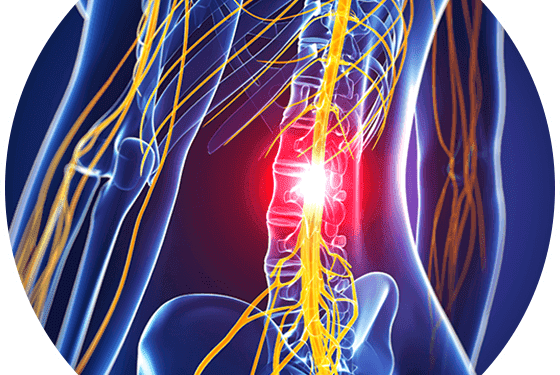A herniated disc isn’t just a painful injury; it can be the starting point of severe, life-altering complications. When the disc material presses against nerves or the spinal cord, the consequences can extend far beyond back pain. In extreme cases, this condition leads to permanent spinal cord damage, leaving victims with lasting disabilities. From a legal perspective, understanding the symptoms and risks is crucial. If someone’s negligence caused your injury, recognizing these warning signs can protect both your health and your legal rights.
Understanding Herniated Disc Symptoms
The most severe herniated disc injuries often involve intense pain and significant nerve compression, leading to debilitating symptoms. Depending on where the herniation occurred, people may feel a scorching or sharp pain that travels to their feet, arms, legs, or tailbone.
In cases involving the cervical spine, pain can extend from the neck into the shoulder and down the arm, sometimes causing difficulty gripping objects or reduced coordination. Sciatica, a condition in which pain radiates from the lower back into the buttocks and down the leg, can be brought on by lumbar herniations.
Herniated disc injuries frequently include numbness, tingling, and muscle weakness, usually affecting one side of the body. Movements like bending, lifting, coughing, or sneezing often worsen symptoms due to increased nerve pressure. Though rare, thoracic herniations can cause radiating pain around the rib cage or lead to stiffness and weakness in the legs.
When Symptoms Signal a Medical Emergency
While many herniated discs are manageable with conservative treatment, specific symptoms require urgent medical attention. These include;
- Severe or sudden leg or arm weakness
- Loss of sensation in the rectal or genital area
- Bladder or bowel dysfunction
- Rapid progression of symptoms after trauma

Such symptoms may indicate cauda equina syndrome or direct spinal cord compression, both of which are medical emergencies that can result in permanent disability if not treated promptly.
How a Herniated Disc Can Lead to Spinal Cord Damage
When the spinal cord or the bundle of nerves at the end of the spinal canal is compressed by the displaced disc material, a herniated disc becomes especially hazardous. Prolonged or severe compression can disrupt nerve signals, leading to chronic pain, paralysis, or loss of function below the level of injury. In the cervical spine, this can affect both the arms and legs, while in the lumbar spine, it may impact the legs and pelvic organs.

The risk of permanent spinal cord damage increases if emergency symptoms are ignored or if the herniation results from significant trauma, such as a car accident or workplace injury. In such cases, the force can cause both disc rupture and direct injury to the spinal cord, compounding the risk of lasting impairment.
Legal Considerations in Herniated Disc and Spinal Cord Injury Cases
From a legal perspective, spinal cord damage resulting from a herniated disc often raises questions of liability and negligence, especially when the injury results from an accident or inadequate medical care. For example, suppose a workplace accident, motor vehicle collision, or medical error causes a herniated disc and subsequent spinal cord injury. The harmed party might therefore have a basis for a personal injury lawsuit. Crucial legal concerns consist of the following;
- Establishing causation
Proving that the negligent act or omission directly caused the herniated disc and resulting spinal cord injury.
- Demonstrating damages
Documenting the extent of physical, emotional, and financial harm, including lost wages, medical expenses, and long-term care needs.
- Timeliness of intervention
Delayed diagnosis or treatment can worsen outcomes and may constitute medical malpractice if it leads to preventable spinal cord damage.
To Wrap It Up
Failure to recognize and promptly manage symptoms of a herniated disc can lead to devastating spinal cord damage, a risk with profound legal consequences. Legal precedents show that medical negligence in identifying critical symptoms, such as progressive numbness or bowel and bladder dysfunction, may result in significant litigation and compensation for harm. Medical professionals must adhere strictly to legal standards of care, ensuring timely intervention to safeguard both patient well-being and legal compliance.












